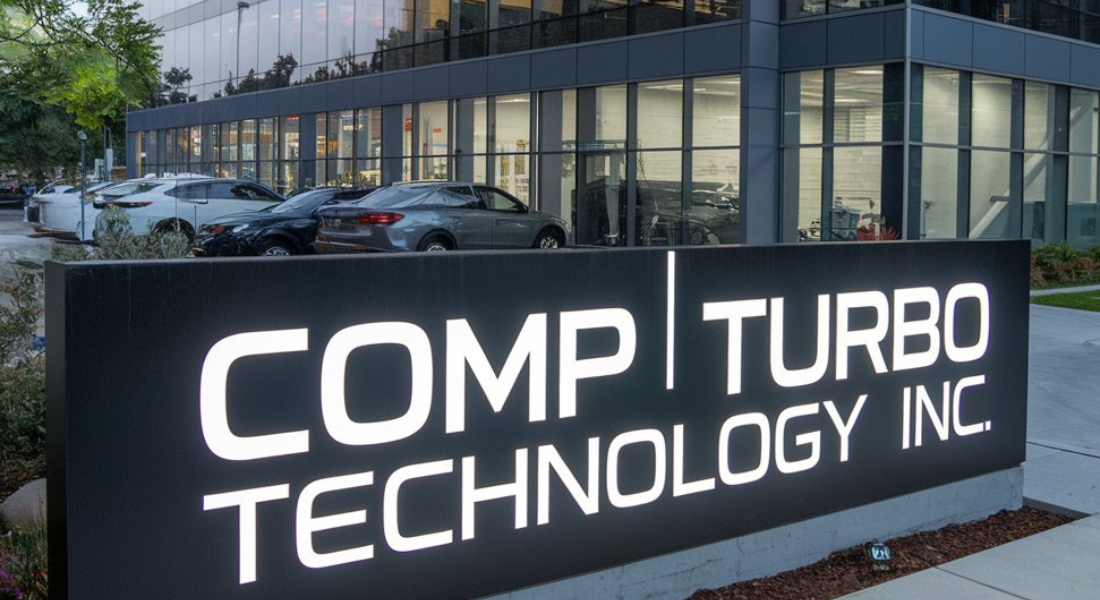
Flashata: Demystifying the Term and Exploring its Potential Applications
Introduction
The world of technology is filled with ever-evolving jargon and acronyms. Flashata is one such term that might leave you scratching your head, wondering what it signifies and where it fits in the technological landscape. This article delves into the potential meanings and applications providing insights for both tech enthusiasts and everyday users.
What Does Flashata Mean?
Unfortunately, flashata isn’t a universally recognized term within the established tech vocabulary. There’s no definitive answer to its meaning, and its origin remains unclear. However, by dissecting the potential components of the word, we can explore some possibilities:
- Flash: This commonly refers to flash memory, a type of non-volatile storage used in various devices like USB drives, memory cards, and solid-state drives (SSDs).
- Data: This signifies information stored in a digital format.
Based on this breakdown, two primary interpretations of emerge:
- A generic term for flash memory: It could be a simple, less technical way to describe any device that utilizes flash memory technology.
- A specific type of flash memory: Less likely, but a possibility, could represent a unique flash memory format or technology not yet widely adopted.
Without official documentation or context, pinpointing the exact meaning remains a challenge.
Exploring Potential Applications of “Flashata”
Given the ambiguity surrounding “flashata,” let’s explore potential applications based on the two possible interpretations
Flashata as a Generic Term for Flash Memory
If “flashata” represents a general term for flash memory, its applications would be vast:
Portable Storage: This devices could encompass a wide range of portable storage solutions, including USB drives, SD cards, and microSD cards. These provide convenient options for transferring data between devices, backing up files, and expanding storage capacity.
Solid-State Drives (SSDs): Could also refer to internal storage solutions like SSDs found in modern laptops, desktops, and servers. SSDs offer faster boot times, quicker application loading, and improved overall system performance compared to traditional hard disk drives (HDDs).
Embedded Systems: Could be used in various embedded systems, like smartphones, tablets, cameras, and even drones. These devices rely on flash memory for storing data, operating systems, and applications.
Flashata as a Specific Flash Memory Technology
While less likely, if “flashata” represents a specific type of flash memory, its applications would depend on its unique characteristics:
Higher Performance: The might offer faster read/write speeds compared to traditional flash memory, leading to significant performance improvements in devices that utilize it.
Increased Capacity: It could represent a new generation of flash memory with higher storage density, allowing for smaller devices with larger storage capacities.
Enhanced Durability: The might boast improved durability and resistance to data loss, making it ideal for applications requiring high levels of data integrity.
It’s important to remember that these applications are speculative based on potential interpretations.
Is Flashata a Real Technology?
There’s currently no definitive answer. Extensive online searches and research through tech publications yield no concrete information about “flashata” as an established technology. The lack of readily available information makes it challenging to verify its existence as a specific device or technology.
FAQs
Here are some frequently asked questions regarding:
What is Flashata?
The might be a fancy way to say “flash memory” like a USB drive or an SD card. But it could also be a new kind of flash memory we haven’t heard of yet.
Is Flashata real?
We don’t know for sure! There’s no proof that Flashata is a real thing yet.
Can I buy Flashata?
It’s best not to. If you see something called Flashata for sale, it might not be what you think it is.
What if I see Flashata again?
See if there are any clues around it. If it’s next to pictures of USB drives, it probably means flash memory.
What can I say instead of Flashata?
Use words you know! Say “USB drive,” “SD card,” or “solid state drive” instead.
What is Flashata?
The term’s meaning remains unclear. It could be a general term for flash memory or a specific type of flash memory technology (yet to be proven).
Is Flashata a real technology?
There’s no concrete evidence to confirm its existence as a specific technology.
Where can I buy Flashata devices?
Due to the ambiguity surrounding flashata, it’s not recommended to search for or purchase devices labeled as such.
Conclusion
Flashata currently remains an enigmatic term in the tech world. While potential interpretations and applications exist, the lack of verifiable information casts doubt on its status as a real technology. Until further information emerges, it’s best to approach with caution and rely on established tech terms when discussing flash memory or related technologies.
The world of technology is constantly evolving, and new terms may emerge. If you encounter again in the future, additional context might shed light on its true meaning and application. However, for the time being, it’s best to stick with familiar terminology when discussing flash memory and related technologies.


